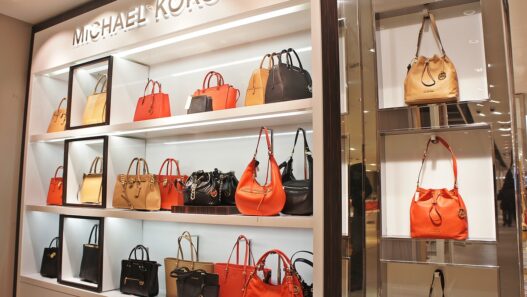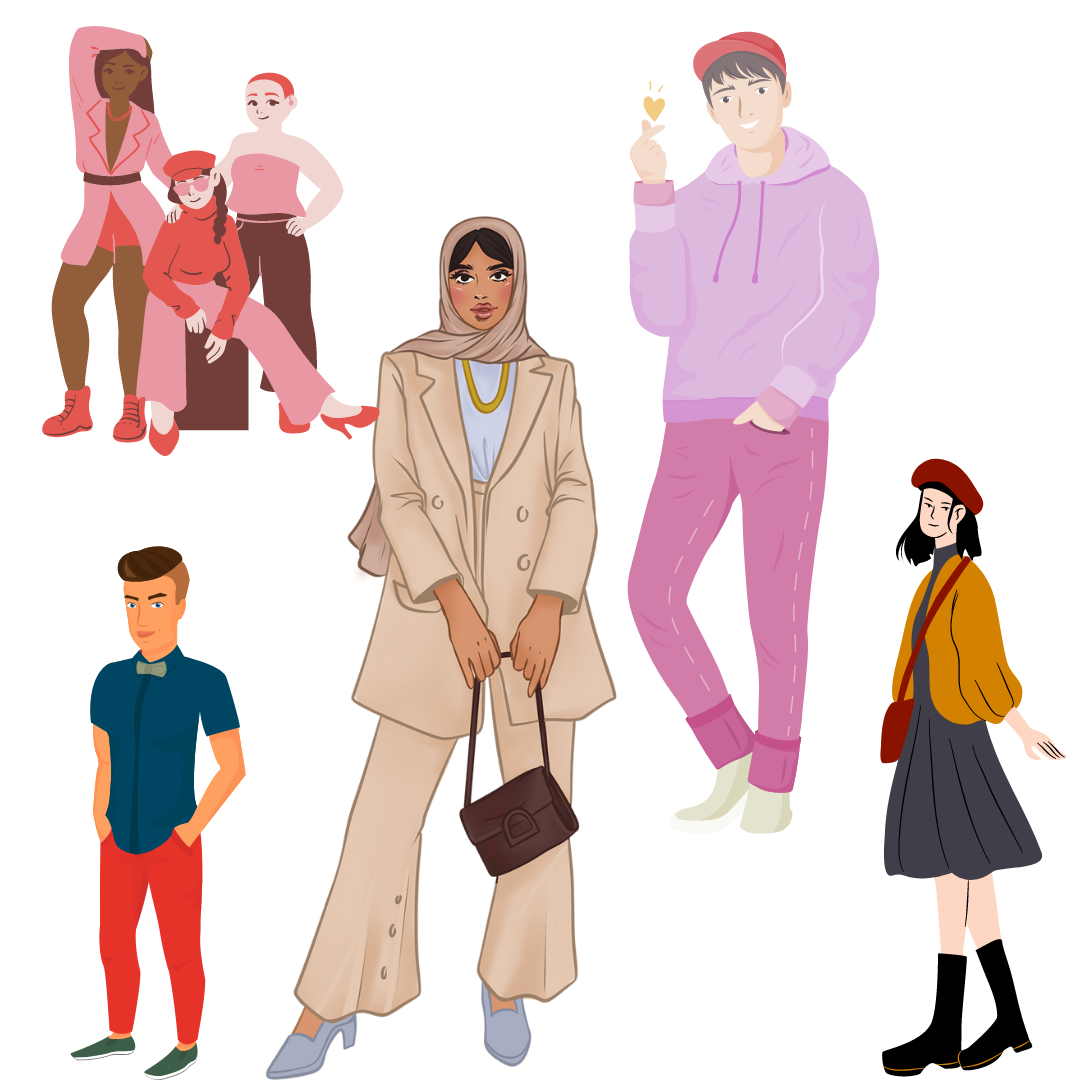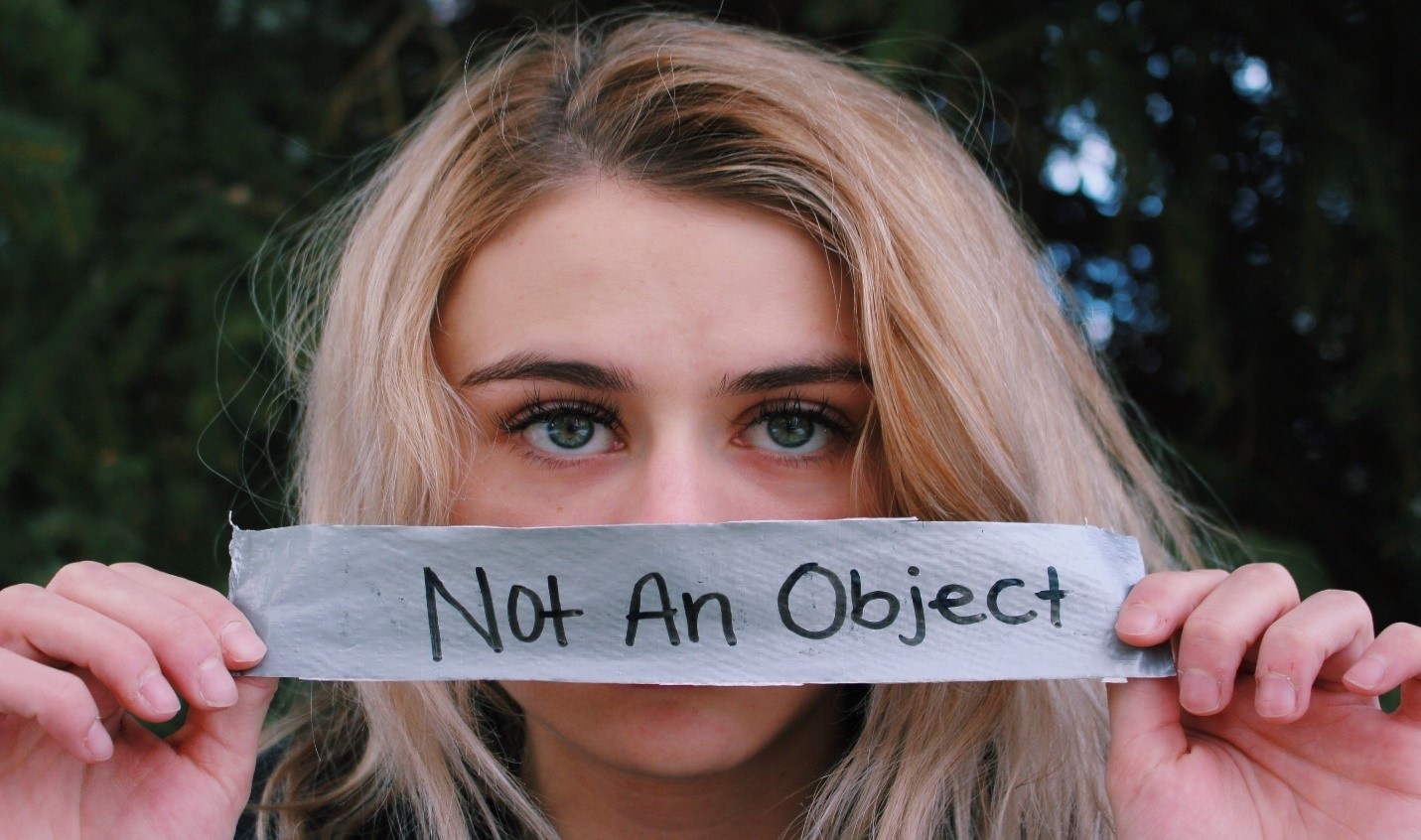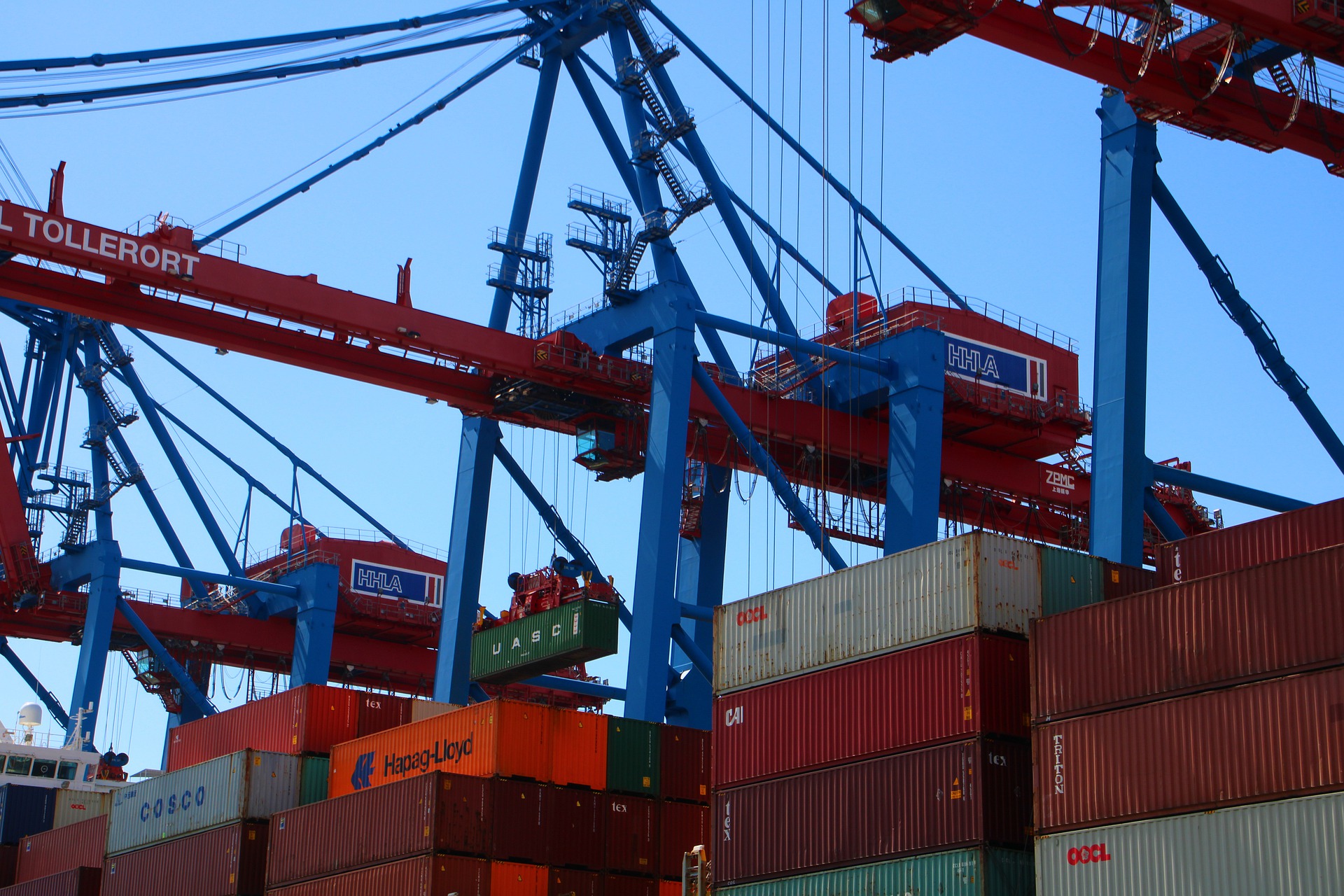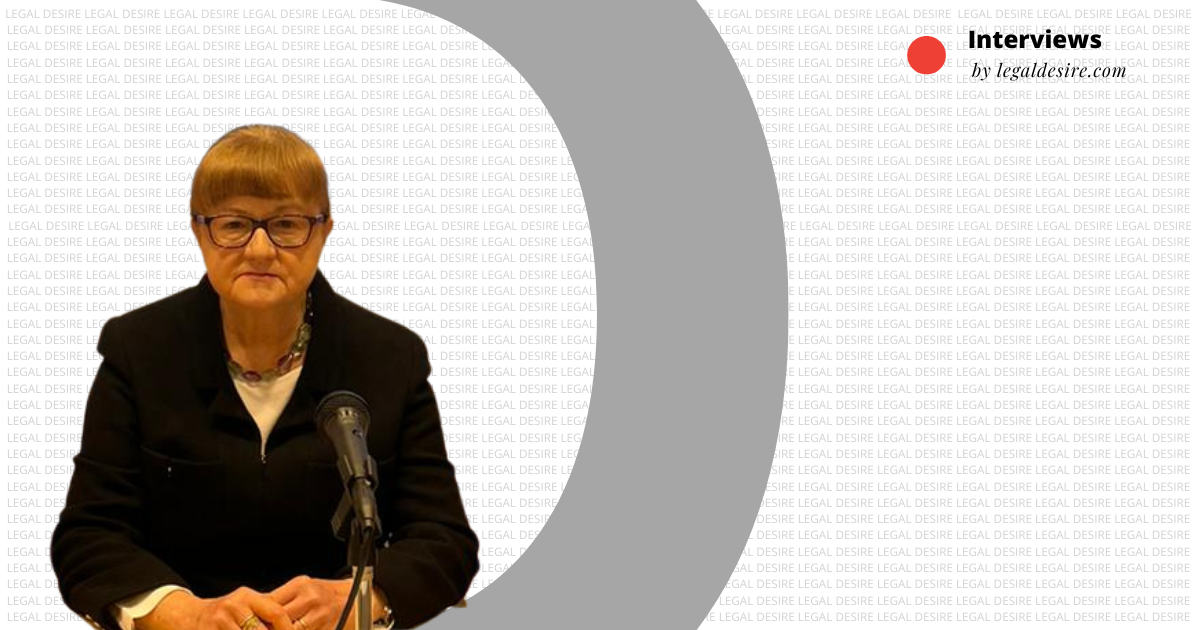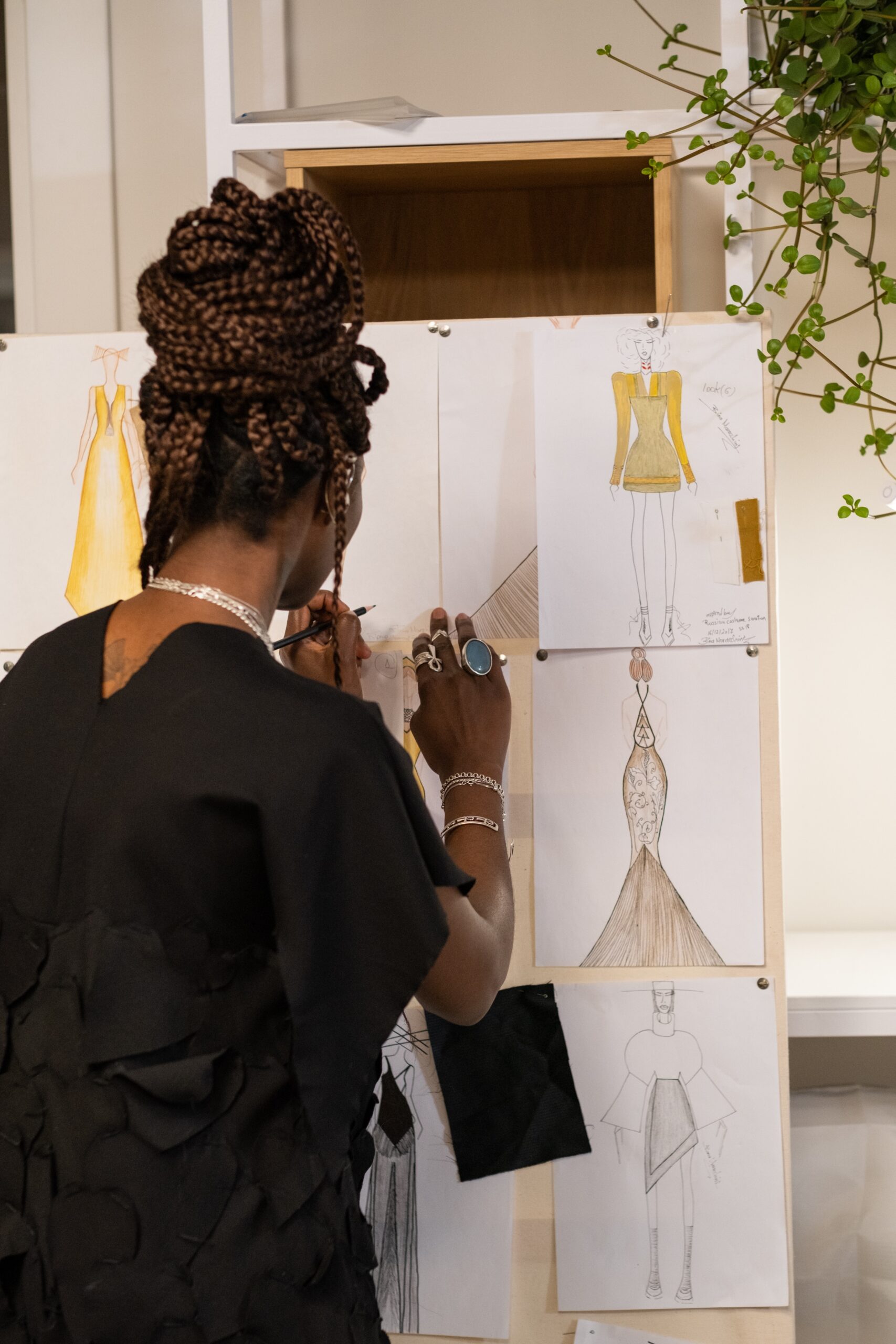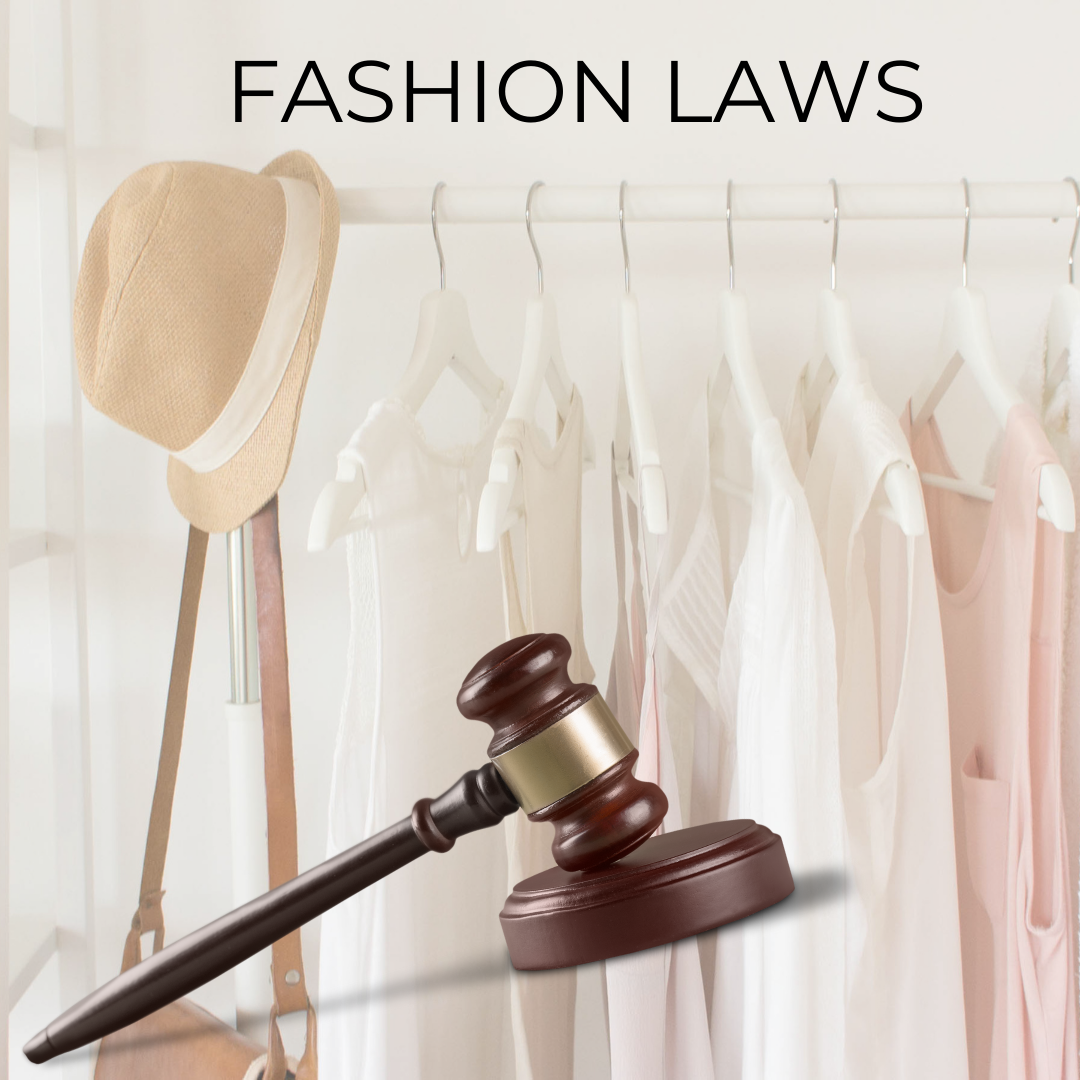Some countries have given new meaning to the term “fashion police,” not only by regulating what individuals should wear through a rigid dress code but by applying the rules through fines and jail.
On July 18, Saudi Arabian police arrested a lady after videos of her wearing a short skirt and crop top went viral across social media and the internet. Although the costume violated the country’s rigorous social rules, the woman was later released without charge.
This woman, however, is not alone in her feelings.
According to the World Economic Forum, the five countries with the tightest dress standards range from communist republics to the generally perceived more liberal democratic West.
- Saudi Arabia
The woman wearing what police reportedly labeled “suggestive clothes” in Saudi Arabia went viral, causing a schism in the conservative country’s public opinion.
Saudi Arabia’s legal system is based on Wahhabism, the country’s primary version of Islam, and liberal attire is prohibited.
Women must cover themselves and wear abayas, or full-length, all-black robes, according to the country’s religious dress code. Some women, on the other hand, choose to wear abayas without covering their heads. The clothing code is frequently disregarded by visiting politicians and heads of state.
Men also were punished in 2009 for violating societal norms. Officials in Saudi Arabia have charged 67 men who were caught at a party for allegedly wearing women’s attire.
- Uganda
Miniskirts are also frowned upon in Uganda, which is a socially conservative country. According to the WEC, women spotted wearing skirts or shorts “above the knee” have been detained in-country.
According to the BBC, misinterpretations of legislation prohibiting miniskirts and exposing apparel resulted in public attacks on women in 2014. Men are said to have stripped ladies naked and ripped their garments in several of these situations. People who feel that the law has allowed men to mistreat women have protested the bill.
- North Korea
North Korea’s leadership is known for projecting a propaganda-fueled public image of a powerful and thriving nation, but it also influences residents’ physical appearance.
According to the World Economic Forum, officials require hair to be kept no longer than 2 to 3 inches long and clipped every 15 days. Hairstyles from a list of state-approved haircuts are available to women and men in the communist regime.
In terms of clothing, women who have been spotted wearing pants have been subjected to forced labor and fines, and the government has purportedly forbidden piercings as part of anti-Western cultural crackdowns.
- Sudan
According to The Guardian, human rights organizations have argued that the Sudanese government is intolerant of its Christian community and that this intolerance is exemplified by the country’s criminal code, which punishes “indecent attire.”
Women have been arrested for wearing Western-style trousers, and they have been threatened with 40 lashes apiece. Lubna Ahmed Hussein, a former journalist and United Nations officer, was supposedly facing such a punishment in 2009 but was instead fined and briefly imprisoned.
The issue has sparked debate, with some rights groups claiming that the public order police arrest and flog between 40,000 and 50,000 women each year.
- France
In 2010, France’s NA passed the “burqa ban,” a moniker given to the law in allusion to the full-body covering known as a burqa, which was at the center of public controversy at the time.
People are not allowed to hide their faces fully under the legislation. The rule applies to a variety of garments, including scarves, niqabs, masks, and bike helmets.
Authorities began implementing the ordinance in April 2011, with those who choose to ignore the dress code requirement facing expensive penalties and court fees.



